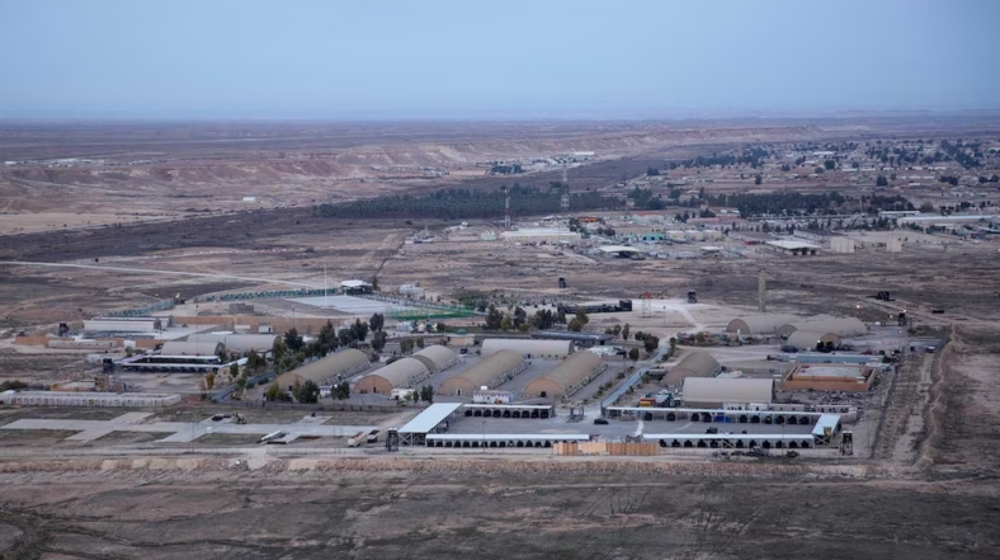Cholera infection cases in Iraq passes 1,500 mark: Health ministry
Iraq says the number of recorded cases of cholera infection in one of the worst outbreaks to hit the Arab country in recent years has soared to more than 1, 500.
The Iraqi Health Ministry announced on Tuesday that 117 new cases have been diagnosed over the past 24 hours, bringing the number of people affected in the current cholera epidemic to 1,555, the Arabic-language al-Baghdadia satellite television network reported.
The report added that at least 44 new victims are from the central province of Babil. As many as 31 new people have contracted the disease in Baghdad’s Karkh District, which lies on the western side of the Tigris River, and two dozen others in al-Rusafa on the eastern bank of the river.
Eleven patients come from the southern province of Basra, five from the neighboring Muthanna Province, and the other two come from the cities of Karbala and Erbil.
Cholera is an acute intestinal infection caused by ingestion of food or water contaminated with the bacterium Vibrio cholerae. It is a fast-developing infection that causes diarrhea, which can quickly lead to severe dehydration and death if treatment is not promptly provided.

Iraq’s water and sewerage systems are old while infrastructure development has been stalled by years of violence in the country.
Prime Minister Haider al-Abadi has ordered a set of measures aimed at improving hygiene, among them daily water quality tests, distribution of bottled water to families internally displaced due to the conflict, and the installation of additional water purification stations.
The latest registered cholera outbreak in Iraq killed four people and infected some 300 others in the northern city of Kirkuk and the semi-autonomous Kurdistan region in 2012. Five years before that, about 24 people died of the disease and over 4,000 cases were diagnosed.
Iraq faces regular threats from other water-borne and food-borne diseases such as measles, typhoid fever, hepatitis, and Crimean-Congo hemorrhagic fever due to poor public services and hygiene, according to the World Health Organization.
Gaza faces imminent famine as people starving to death: UN warns
North Korea to stand up to sanctions, bolster military power: Official
Hezbollah says 2,000 Israeli forces killed, injured in operations since Gaza war began
War of wills: Iran army chief vows crushing response to any aggression
April 24: ‘Axis of Resistance’ operations against Israeli occupation
Tabas sand defeats US military
'US secretly sent long-range ATACMS missiles to Ukraine in recent weeks'
Iran: Awakened world public opinion determined to stop Israel war crimes










 This makes it easy to access the Press TV website
This makes it easy to access the Press TV website